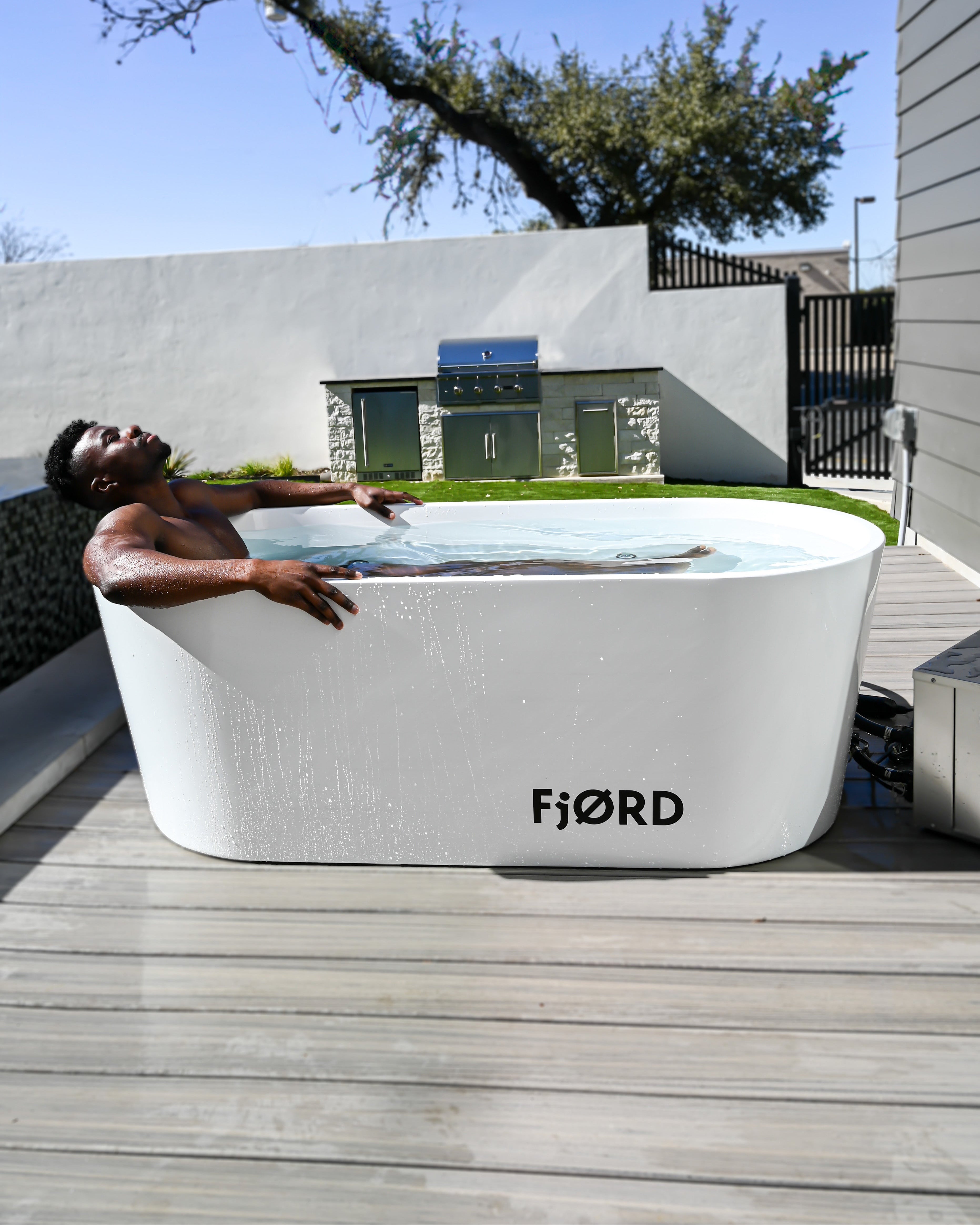Cold water immersion (CWI) is a widely used recovery strategy among athletes to mitigate the effects of strenuous exercise. This article reviews recent evidence from PubMed studies examining the impact of CWI on athletic performance and recovery. While research presents mixed findings, evidence suggests CWI can offer benefits, particularly in reducing subjective feelings of muscle soreness and improving some aspects of performance recovery.
Intense physical activity induces physiological stress, leading to muscle damage, inflammation, and fatigue. Effective recovery strategies are crucial for athletes to minimize these effects, optimize performance, and reduce the risk of injury. CWI, involving immersion in water between 0-15°C (32-59°F) for a specific duration, has gained popularity as a post-exercise recovery modality. This review examines recent research from PubMed to summarize the current evidence on CWI's effectiveness.
Review of Recent Studies
Several studies have explored the impact of CWI on recovery and performance. A meta-analysis by Machado et al. (2023) published in Frontiers in Physiology analyzed 20 studies on CWI. The authors found that CWI significantly reduced subjective feelings of delayed-onset muscle soreness (DOMS) and perceived exertion immediately following exercise.
Additionally, CWI was shown to reduce countermovement jump (CMJ) performance (a measure of power) immediately after immersion, but it lowered creatine kinase (CK) levels, an indicator of muscle damage, 24 hours post-exercise. This suggests that while CWI might temporarily impair immediate power output, it may aid in longer-term muscle recovery. The authors recommended CWI immediately after exercise to minimize muscle soreness and hasten recovery.
Another recent systematic review and meta-analysis by Machado et al. (2022) published in the Journal of Strength and Conditioning Research investigated CWI's effects on performance recovery. After analyzing a collection of studies, the authors reported that CWI improved muscular power 24 hours after both eccentric and high-intensity exercise.
CWI also reduced serum CK levels and improved muscle soreness and athletes' perception of recovery 24 hours after high-intensity exercise. The authors concluded that CWI is an effective recovery tool following high-intensity exercise, particularly for improving muscular power, reducing muscle soreness and CK levels, and enhancing the perception of recovery.
These studies suggest that CWI may offer both subjective and objective benefits for athletes after intense exercise, but findings vary across different performance metrics and time points.
The mechanisms by which CWI affects recovery are complex and not fully understood. It is believed that the cold temperature causes vasoconstriction, reducing blood flow to the muscles and minimizing inflammation. This may contribute to decreased DOMS and CK levels. However, the reduction in blood flow could also explain the temporary impairment of power output observed in some studies.
The findings from reviewed studies suggest that while CWI may not enhance all aspects of performance recovery, it provides benefits in terms of reducing muscle soreness and other subjective measures and objective measures of power, creatine kinase and the athletes perception of recovery following intense exercise. This information is particularly beneficial to athletes who participate in sports that have repeat bouts of high-intensity activity.
Current evidence suggests that CWI is a recovery strategy with varying effects on performance and recovery. CWI appears to be most effective in reducing subjective muscle soreness and may aid in the recovery of muscular power and perceived recovery after high-intensity exercise. Further research is needed to determine optimal CWI protocols (temperature, duration, timing) for different types of exercise and athlete populations. Despite the limitations of available research, athletes may benefit from CWI, particularly when seeking to minimize muscle soreness after intense training or competition.
References
-
Machado, A. F., Ferreira, P. H., Micheletti, J. F., de Almeida, A. C., Lemes, Í. R., & Vanderlei, L. C. M. (2023). Effects of cold water immersion after exercise on fatigue recovery and exercise performance--meta analysis. Frontiers in physiology, 14, 1006512.
-
Machado, A. F., Vieira, A., Lemes, Í. R., Brown, D. T., Zagatto, A. M., & Ferreira, P. H. (2022). Impact of Cold-Water Immersion Compared with Passive Recovery Following a Single Bout of Strenuous Exercise on Athletic Performance in Physically Active Participants: A Systematic Review with Meta-analysis and Meta-regression. Sports Medicine, 52(7), 1545–1560.


Q4 2024 - Letter from the Founder
Q1 2025 - Letter from the Founder